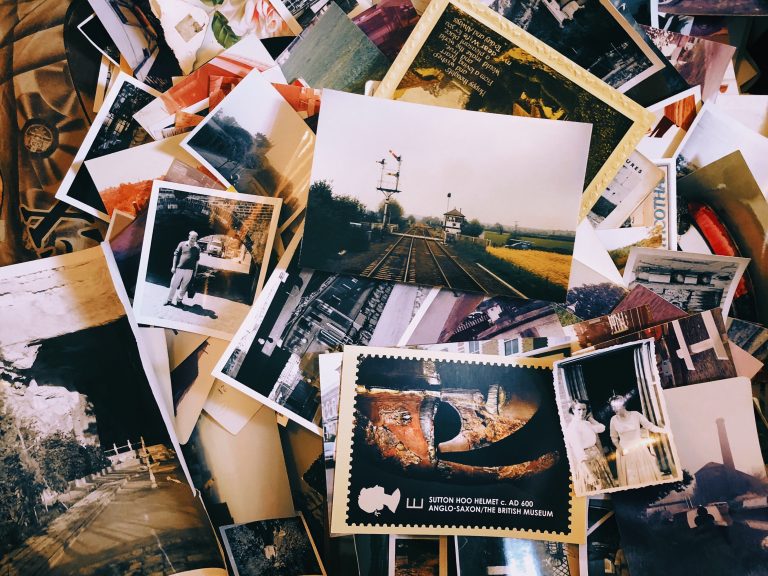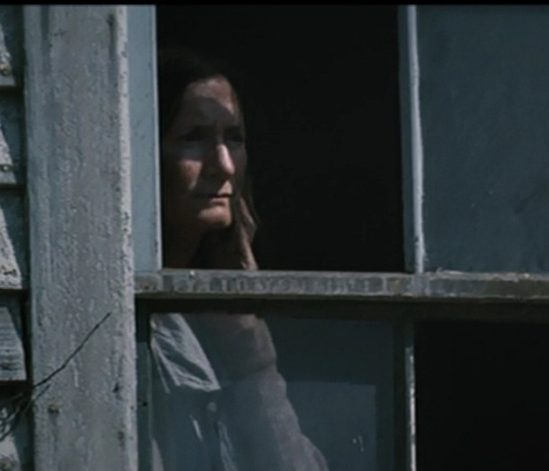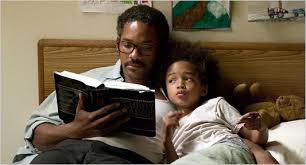Memoir or Novel—Should You Fictionalize Your Life?
Today’s post is by David Berner.
Ernest Hemingway did it with The Sun Also Rises. Jack Kerouac did it with On the Road. Nora Ephron did it with Heartburn. Carrie Fischer did it with Postcards from the Edge. And Tim O’Brien did it with one of the most celebrated books in the last thirty years, The Things They Carried.
Each of these and many others not mentioned here are of the genre that’s come to be categorized as autobiographical fiction.
These are novels in the broadest sense of the word but based on hard truths, some more full of facts than others, and some so close to the truth they could be labeled memoir.
O’Brien’s Pulitzer Prize finalist is based on his time spent serving in the Vietnam War, but the author has always been quick to remind us that the book is not memoir. He has admitted some of the stories are completely made up. Still, he argues that the untruths in The Things They Carried are many times truer than the real thing.
Aren’t all novels based on truth? Aren’t all of them, especially first ones, autobiographical? Aren’t writers supposed to write what we know, and if so, aren’t all of our stories either laced or outright saturated with the details of our lives?
One could certainly argue this point. But the real question is this: Should a writer purposely set out to write autobiographical fiction? Or should it be memoir? Or . . . should one do the damnedest to make it all up?
The Case against Autobiographical Fiction
No matter how fascinating you think your life is, it may not be worthy of a novel, a story that a reader wants to stay with until the very last word.
Yes, there is the argument that everyone has a story to tell. But it’s more likely that a particular aspect, some portion, or a certain segment of your world could have enough weight and emotion to be part of a novel. Maybe there is great material in that singular experience that can be excavated in order to find little gems to add to your bigger imagined story.
It is true that a traditional autobiography can be a more readable endeavor when the writer uses the craft of fiction to tell the story—plotting and dialogue, an understanding and employment of conflict and tension. But if your goal is a traditional novel, then this does not apply.
You will use the craft of fiction, but the novel is fictional. Facts, in most cases, do not matter here. Certainly you can borrow from what you know or the world around you, but in the end a novel is invented.
Then there is the issue of names. Are you going to use your name? Are you, the real you, the narrator? Are the characters in your narrative real people? If so, you are entering sticky territory.
Nearly every novel manuscript editor will tell you to change the names of anyone who might resemble a real person. Still, that doesn’t always do the trick. There may be enough in the story for anyone who knows your world to see through the disguise.
Instead of writing autobiographical fiction and sticking to the facts, try the facts of emotion. You may know every detail of what it is like to experience combat, a miscarriage, a horrendous car accident. Dig for the emotional facts in those experiences.
You may have been a nurse, a cop, or a parent. You know the daily aspects of these jobs, but you are also keenly aware of the emotions each job evokes.
Use those truths in your writing.
I have written four memoirs, but my sole novel, Night Radio, could not have been written without my experiences in broadcasting. Readers ask, “Is the main character you? It’s you, isn’t it?”
No. It’s not me. But is there some of me in him? Absolutely. Some might argue that Night Radio is autobiographical fiction. I wouldn’t call it that. But it is unquestionable that the story’s protagonist could not have been imagined as he is without my life experiences in radio.
The Case for Autobiographical Fiction
Maybe it is simply a matter of defining categories. Maybe what you should be writing instead of autobiographical fiction is memoir.
This doesn’t mean you are writing your life’s story; it means you are telling the story of one certain piece of your life and then—and this is the most important part—reflecting on it with incredible insight.
Reflection is what makes good memoir. The story could be about almost anything so long as your reflections are authentic and relatable.
To put it another way: you don’t have to have climbed Kilimanjaro to write memoir. Your mountains may have been of a different kind. But be sure that whatever peak you’ve scaled, you take the time to find its meaning and the shared human experience.
You say memoir is just too personal? It’s too raw? Then maybe autobiographical fiction is the way to allow you to share the story without it being so close to the bone.
So how does one sit down and write autobiographical fiction?
Begin by forgetting the facts. If the house is red, write it green. If the park is Golden Gate, call it Evergreen Park. If the town is Seattle, make it Austin—unless you need rain and not heat. In that case make it Portland, or make up a town in the Pacific Northwest.
Don’t be tethered to the realities of factual detail.
What about people? Change the names for sure, but make the females males, the redhead a blonde, the matriarch the patriarch. Certainly some of this matters for character development, but don’t be restrained by the real thing. Instead, cull from the facts to make something different.
This process allows the writer to write what you know but still use your imagination to create a world—not just recall one that already exists.
Don’t Get Caught Up in Genre Labels
Despite what has been said here, forget the labels. Is it memoir? Is it autobiographical fiction? Is it semiautobiographical fiction?
Write your narrative the best way you know how. Use your craft. Tell a good story. Make it sing. You can label it later. Better yet, let someone else label it.
But keep in mind that the truth comes in many ways, through many channels, and in styles of all kinds. It’s how you tell the story and how much heart and craft you employ that matters—no matter how true or imagined.
Have you thought about writing a memoir? Can you think of ways it might be a better story if made into a novel? Have you read any “autobiographical” novels you enjoyed? Share about them in the comments!
 David W. Berner is a writer, journalist, and broadcaster in Chicago. His fifth book, October Song: A Memoir of Music and the Journey of Time is due out April 2017 from Roundfire Books and is currently available for preorder at Amazon. He’s also building an E.B. White-Henry David Thoreau-Dylan Thomas-inspired writer’s shed in his backyard. Visit David at his blog, website, or on Twitter.
David W. Berner is a writer, journalist, and broadcaster in Chicago. His fifth book, October Song: A Memoir of Music and the Journey of Time is due out April 2017 from Roundfire Books and is currently available for preorder at Amazon. He’s also building an E.B. White-Henry David Thoreau-Dylan Thomas-inspired writer’s shed in his backyard. Visit David at his blog, website, or on Twitter.












When I look at my family and my husband’s large family, I’m reminded that we all have different memories of our parents and our childhood. My memoir might be perceived as pure fiction to my brother. Taking fiction out of the mix, I wonder if autobiographical writing might be a “safer” way to go (a way to keep family peace) than the all inclusive memoir. Or if there’s really that much difference. Thoughts?
An interesting post. I remember Erica Jong’s Fear of Flying was often referred to as confessional fiction.
Jess,
In my experience, whether you call it fiction or memoir, people who know you are going to wonder: is that “character” Mom, your brother, that guy? It’s inevitable. It’s happened to me every time. In my books, I’ve tried to explain my “memory” or my “fiction” in an introduction or prologue. It satisfied me but maybe not always the reader.
Thanks, David. It’s happened to me too–with my mom and my mother-in-law. They were more alike than they ever realized–or wanted to be. 🙂
Thanks for explaining the differences. I’m writing my mother’s story. She wants accuracy but she also wants things to remain private. I’ve started writing her younger self as at each age (related to periods of time where she lived) but am not sure I can carry that approach right throughout her 90 years (till her 80s time periods based on workplaces/volunteer work). I’ve just interviewed her for an anniversary article for a company she worked for in 1949 (as the first female accountant) and this has been published.
David, your article has given food for thought as to why and how the different approaches work for memoir or novel – thank you.
Suzanne,
“Accuracy” is so hard in memoir because one’s memory is always suspect. I try to remind memoirists in workshops that you are NOT writing journalism, you are writing relative truth, to the best of one’s memory. And YOUR memory is important, because that’s YOUR truth. Good luck with your writing. Sounds like a great project!
David, thank you for this clear explanation and great tips on writing. It’s appreciated more than you realize. I am, in fact, writing a memoir about attending college as a mother of five children. In my short adventure fiction, I usually start with truth and then fictionalize the story.
So glad I could help in some small way. I think writing truth, then working to fictionalize it, makes sense. You have to write what you know intimately. Good luck with your story!
Do you believe a memoir is always one specific event? I have struggled with labeling my manuscript. It’s personal and not one single event. I have always been told that a memoir is one event. My other worry is that if I label it something other than an autobiographical novel peers or those who know the story will dispute my memory of different events. In terms of autobiography “tells”, I believe it meets the standards of this more than an autobiographical novel. The reasons I am considering that label is the fear of what those close to me will dispute. The second reason I am considering is because the story is so gripping in my opinion. Should I seek paid advice on the matter?
It doesn’t have to cover one event, but it usually covers a limited amount of time and not your entire life. You can be creative and make it thematic so that it covers specific incidents grouped by theme which may cover many years. I think if you get my Memoir Workbook it will thoroughly answer all those questions. They’re common ones and important ones too.